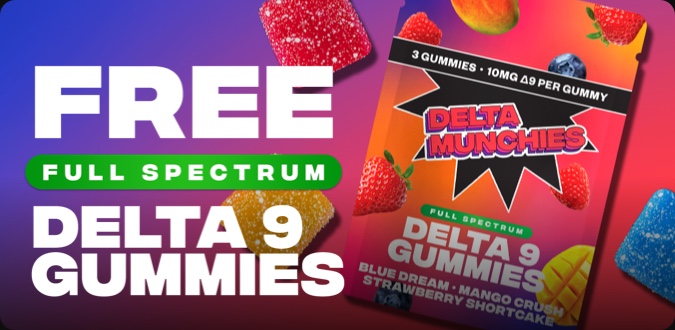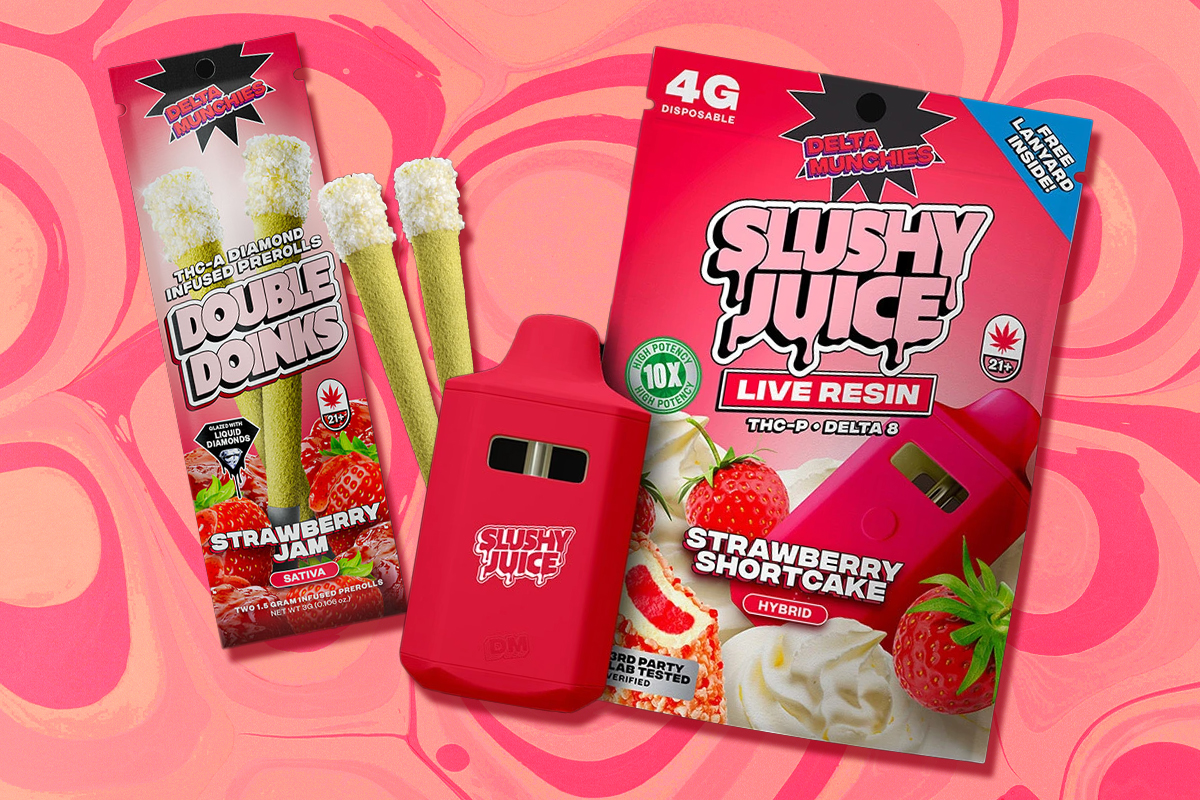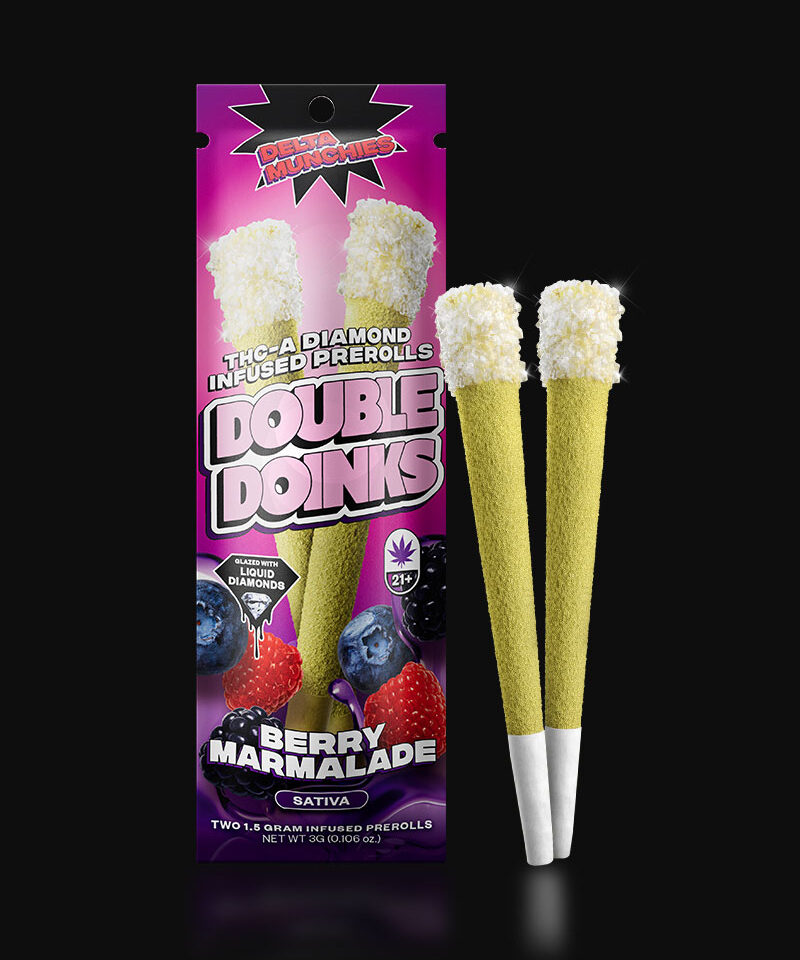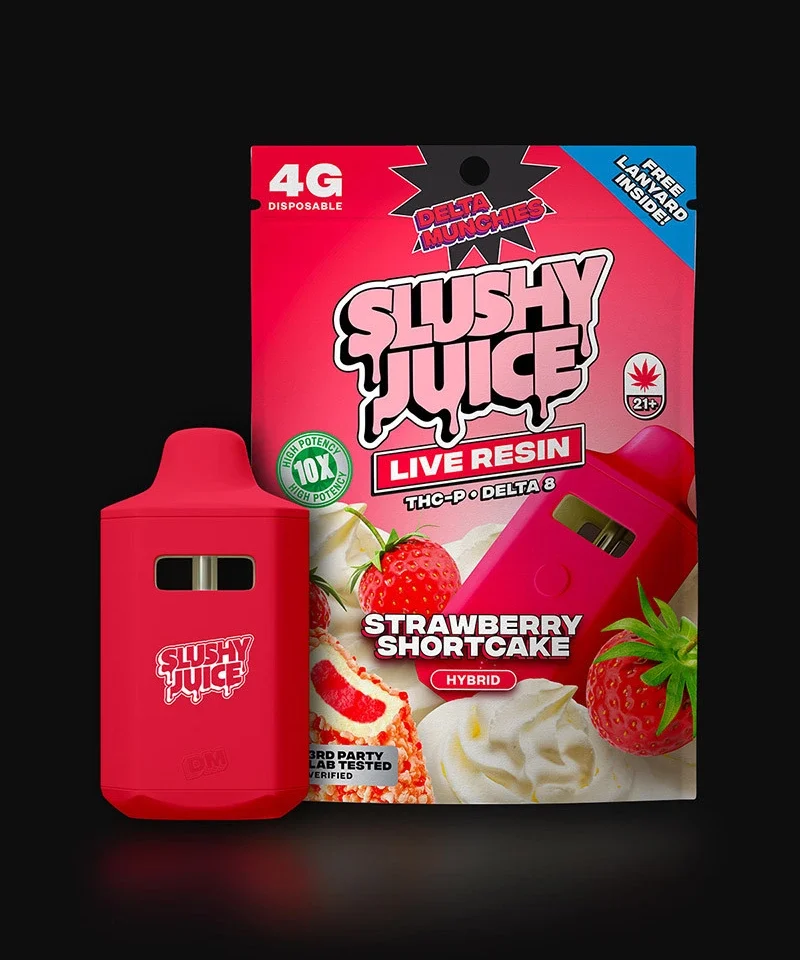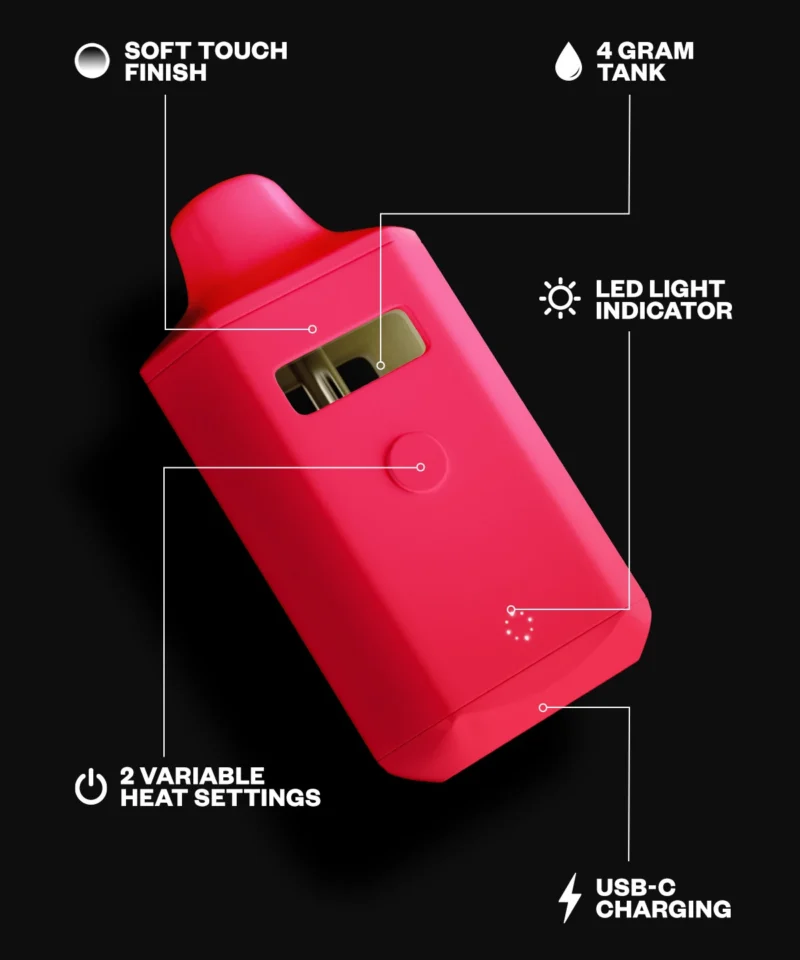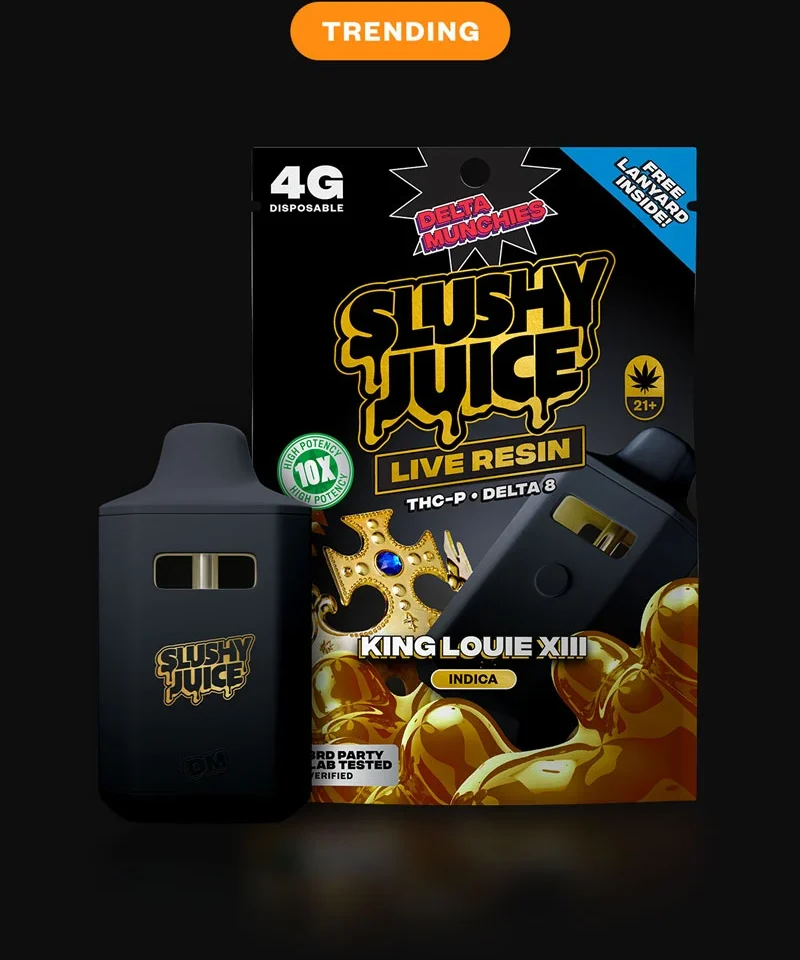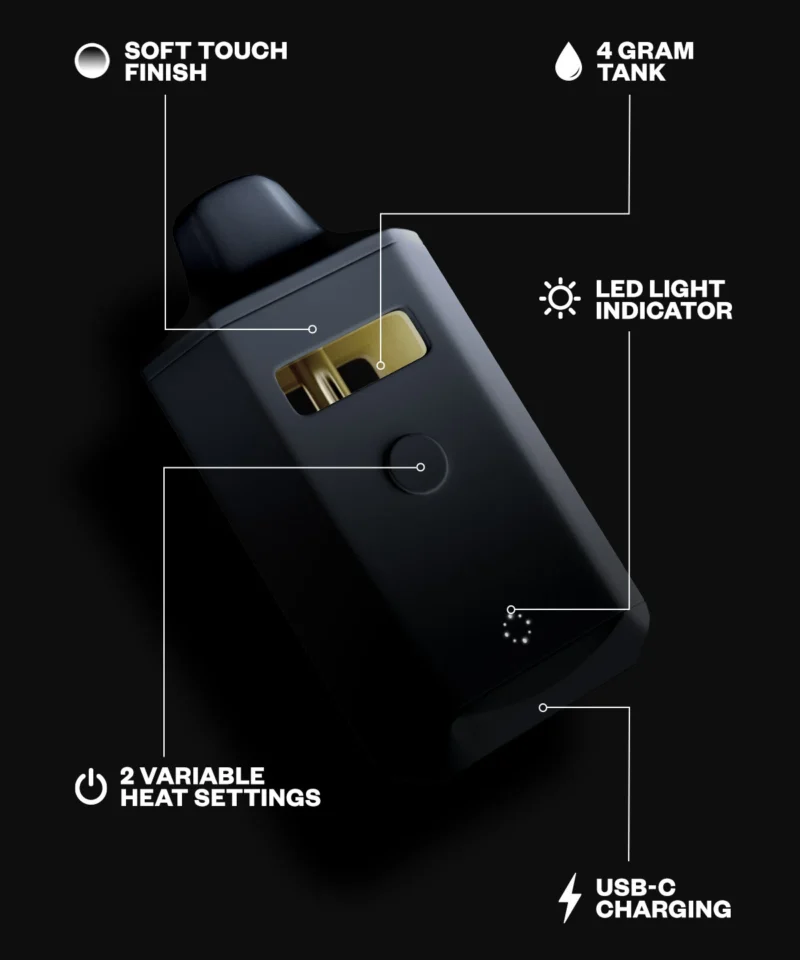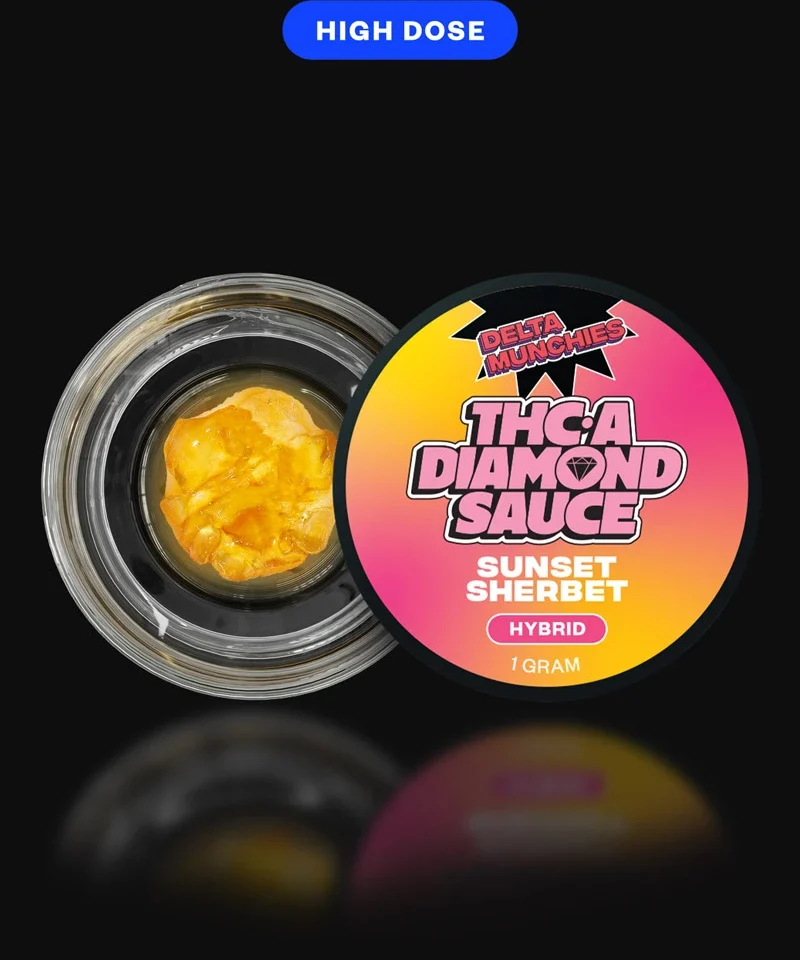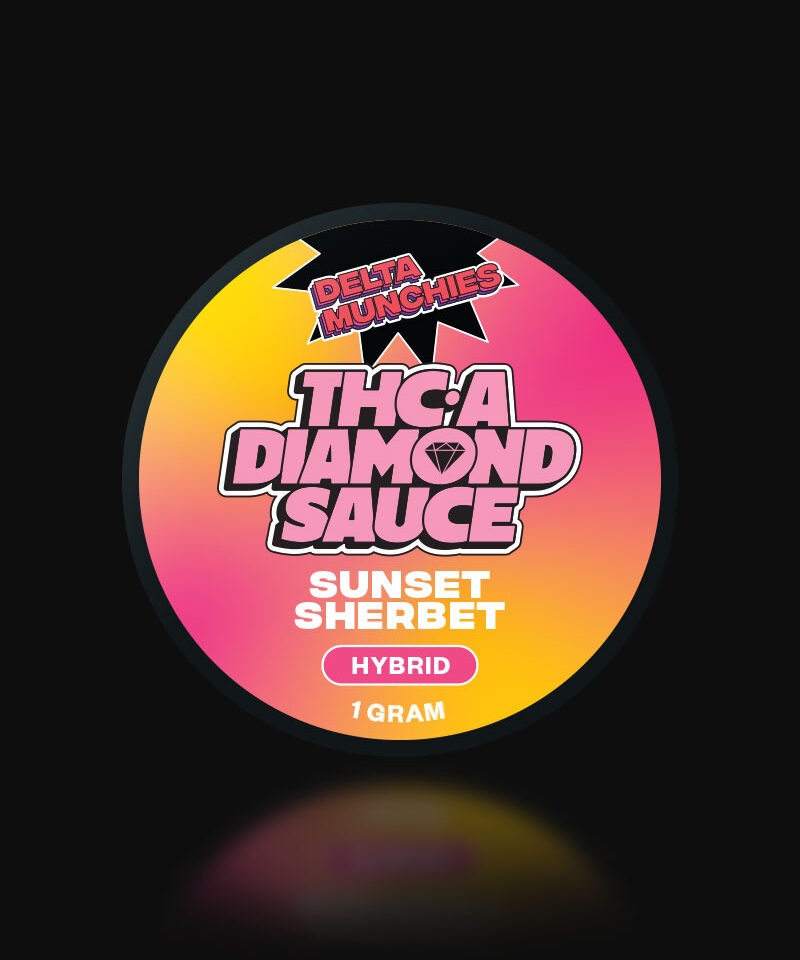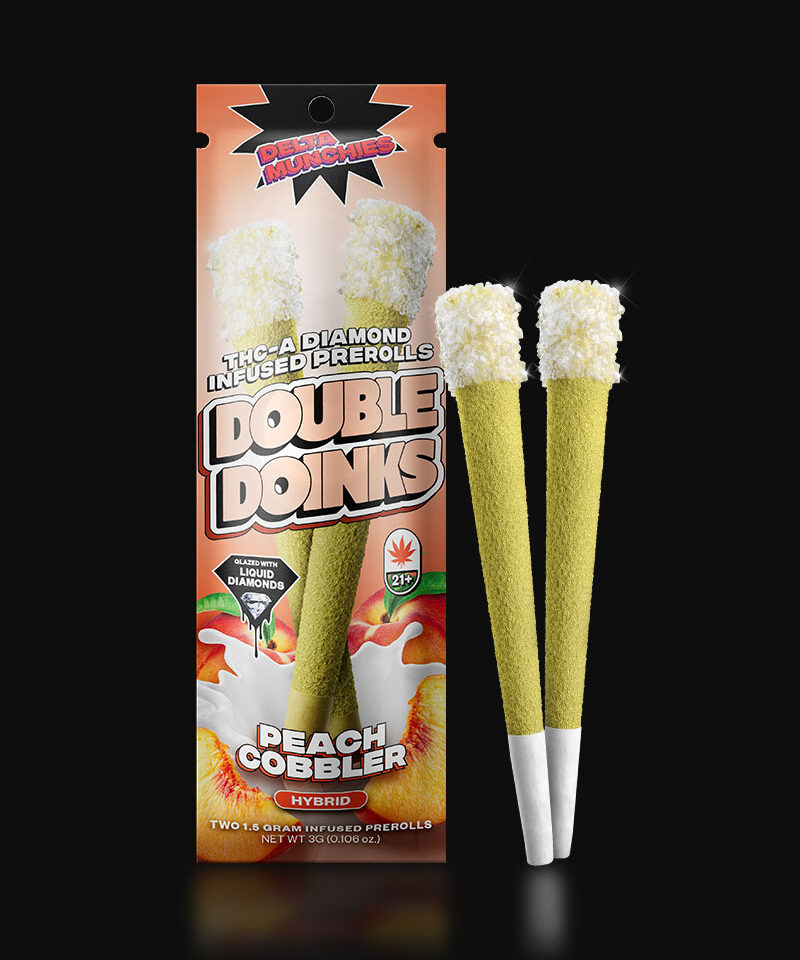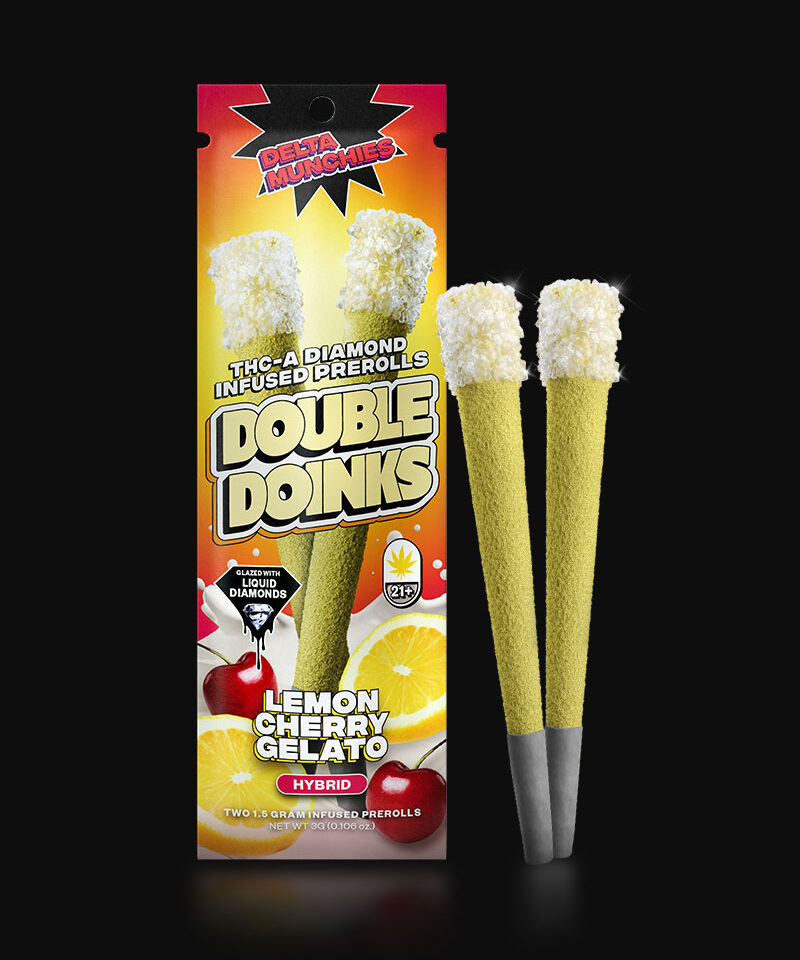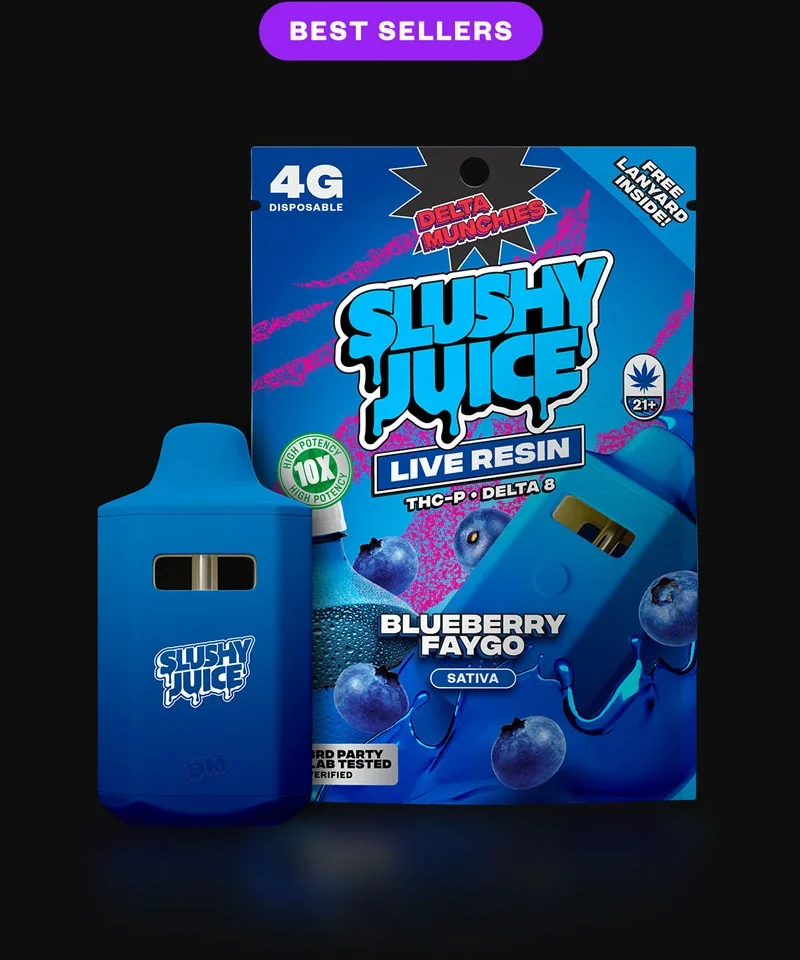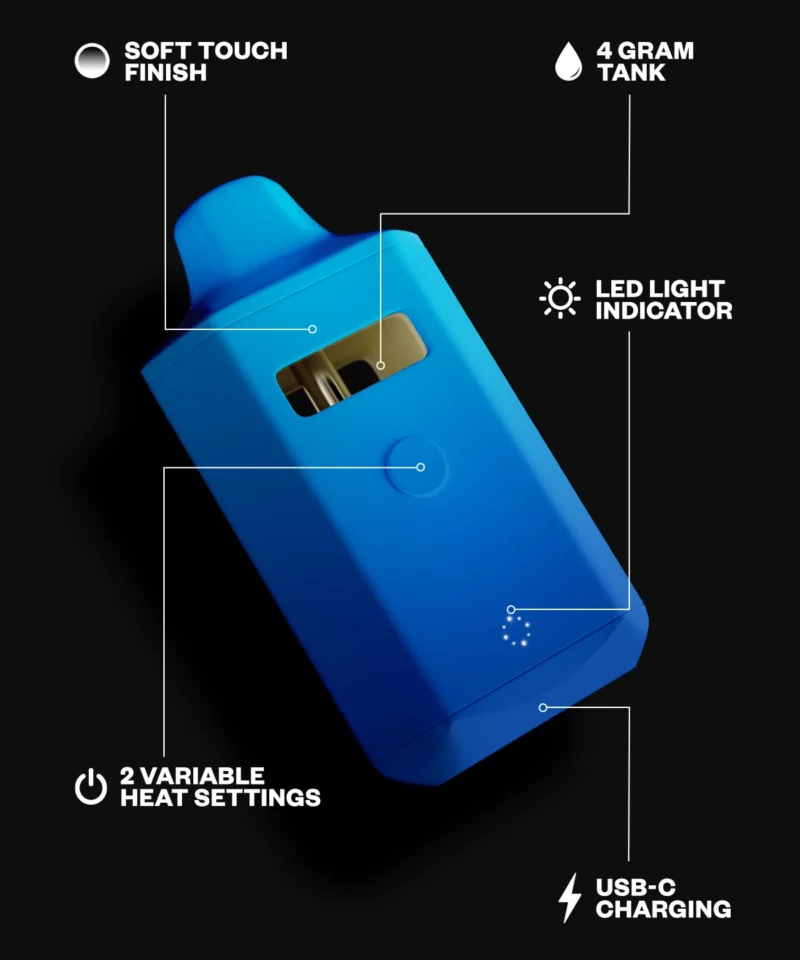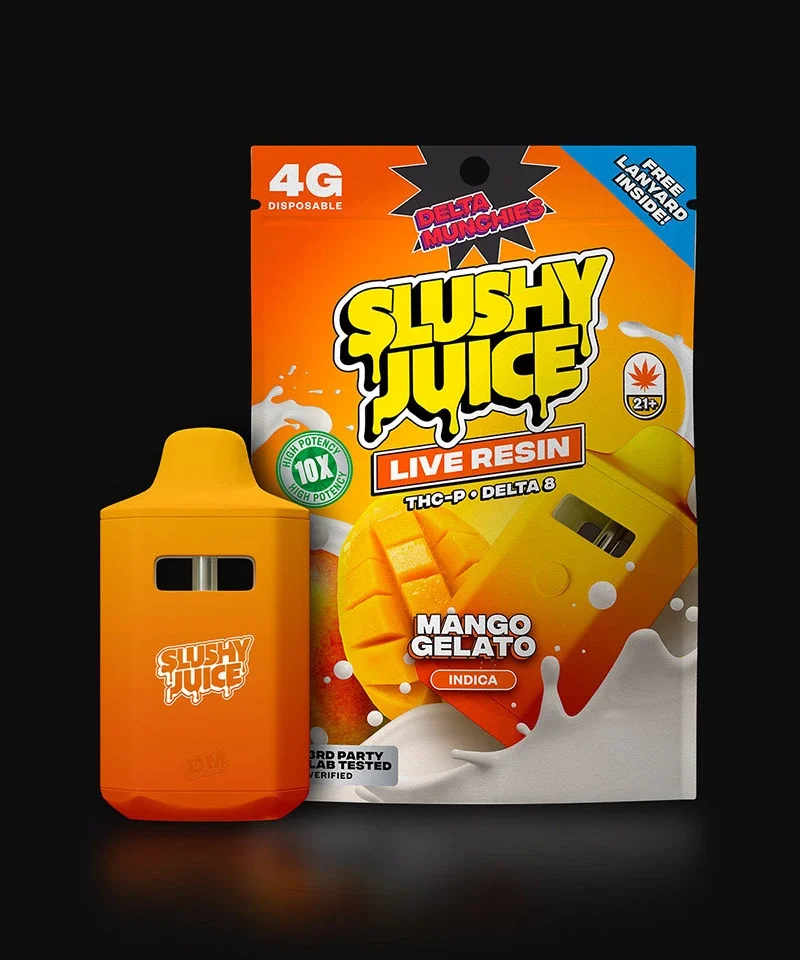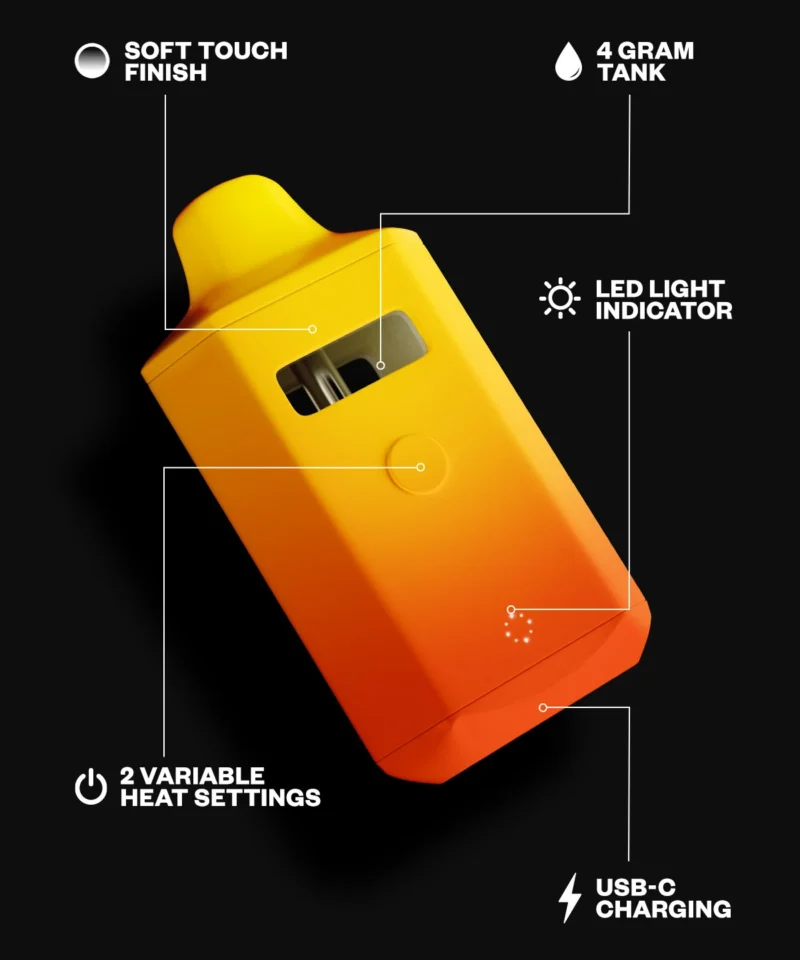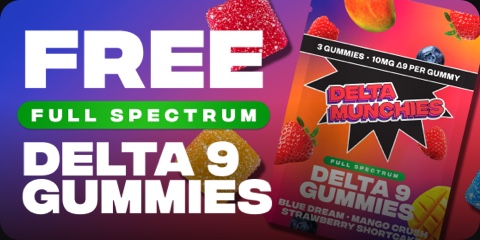Informative
THC-A vs. THC-P
In the vast world of cannabinoids, where new compounds continue to emerge, it’s easy to find yourself intrigued yet confused about their properties and effects.
If you’ve ever wondered about the differences between THC-A and THC-P (also known as THCA and THCP), you’re not alone. These two lesser-known cannabinoids are generating buzz among cannabis enthusiasts and researchers alike.
In this article, we share some insight into the THC-A vs. THC-P controversy as we examine their similarities, differences, and unique characteristics.
Want to try both cannabinoids? Order some of our THC-A and THC-P products and experience their differences for yourself!
Featured Products
featured products 2
Live Resin • THC-P • Delta 8 Vape
Live Resin THC-A Dabs
Contents
- Key Takeaways
- THC-A vs. THC-P
- What is THC-A?
- How is THC-A Made?
- What are the Effects of THC-A?
- What are the Benefits of THC-A?
- Best Ways to Take THC-A
- Best THC-A Strains
- What is THC-P?
- How is THC-P Made?
- What are the Effects of THC-P?
- What are the Benefits of THC-P?
- Best Ways to Take THC-P
- Best THC-P Strains
- THC-A vs. THC-P: Which is Right for You?
- THC-A vs. THC-P: Effects
- THC-A vs. THC-P: Potency
- Where to Buy THC-A and THC-P Products Online
- THC-A vs THC-P: FAQs
Key Takeaways
- THC-A and THC-P are cannabinoids that occur naturally in hemp plants.
- However, while THC-A is the acidic precursor to THC, THC-P is a standalone cannabinoid.
- THC-A is non-psychoactive, while THC-P is a psychoactive compound that produces intense highs.
THC-A vs. THC-P
Despite their similar names, these cannabinoids are actually very different. Let’s take a look at what makes them unique:
Reported Effectiveness
When we speak of the effectiveness of cannabinoids, we are typically talking about their psychoactive effect and how potent they are. In the case of THC-P and THC-A, there is a world of difference between them in terms of their ability to get users high.
While THC-P is a psychoactive cannabinoid with impressive potency, THC-A is non-psychoactive and is only the acidic precursor to THC.
This means that THC-P will get you high and perhaps even give you a far more intense high than THC. On the other hand, THC-A in its raw form will not get you high at all because it doesn’t possess psychoactive properties.
However, you should note that when heat is applied to THC-A, it converts into THC, which will get you high. The process of applying heat to THC-A to convert it to THC is referred to as decarboxylation.
Effect Significance
The fact that THC-P will get users high and THC-A will not do so significantly affects users’ choices.
For instance, THC-A may only appeal to users who need cannabis plants for health purposes and not those who use cannabis recreationally or to enjoy relaxation and stress relief. Note, however, that for patients and individuals who need relief from intense pain, THC-P may be the better option than THC-A since it binds better with the endocannabinoid system.
Extraction Process
The extraction process of THC-P and THC-A may require specific adjustments to preserve their acidic forms. THC-A is the acidic precursor to THC, and THC-P is a variant of THC, so the extraction process may aim to retain their unique chemical structures and properties.
In other words, THC-A cannot undergo regular curing as this may trigger the decarboxylation process that converts the THCA to THC. On the other hand, THCP is typically synthesized from harvested CBD.
Compound Structure
There is a remarkable difference in the compound structure of THCP and THCA.
THCA has a compound structure that is very similar to THC’s, with the only difference between them being an additional carboxyl group present in THCA. This is why THCA is the non-psychoactive acidic precursor to THC, such that when you heat THCA, it turns into delta 9 THC.
On the other hand, THCP’s chemical structure differs strongly from THC. THCP has a more extended alkyl side chain with seven carbons as opposed to the five carbon atoms in delta 9 THC. Note that it is this extended side chain that allows THCP to bind better with the endocannabinoid system than THC.
What is THC-A?
THCA is a naturally occurring cannabinoid found in cannabis and hemp plants. This cannabinoid is not psychoactive, which means it will not make you high; it is also the acidic precursor to THC.
As the precursor to THC, THCA converts into THC and becomes psychoactive when it undergoes the process of decarboxylation (heating it). You can heat THCA via vaping, smoking, dabbing, and cooking to convert it to THC. However, if you want to consume just THCA, you can consume cannabis plants raw or via THCA diamonds.
How is THC-A Made?
Here, we will focus on making THCA diamonds since eating cannabis plants raw already provides you with THCA.
To make THCA diamonds, two of the most popular methods used are diamond mining and flash chromatography. Flash chromatography generally requires expensive and technical equipment to manage.
However, for diamond mining, there are simple steps that you can follow at home. They include:
- Obtain cannabis flowers and create live resin or BHO extract.
- Pour the extract into a mason jar while it’s still viscous, close the lid tightly, and store it in a room with a temperature between 26–28°C.
- At this temperature, the extract’s terpene content will form a thick sauce on top, while THCA diamonds will settle at the bottom.
- Remember to burp the jar occasionally and let the crystals form for 2-3 weeks.
- Finally, use a vacuum pump set at 15hg and a heat mat at 28°C to purge the diamonds from the terpene content. This process should take about 24 hours.
What are the Effects of THC-A?
Since THCA is non-psychoactive, it generally does not produce any obvious physical effects. However, there are some theories that THCA may help with pain relief, inflammation, and nausea.
What are the Benefits of THC-A?
Some reports suggest that THCA may have analgesic properties, providing relief from pain and discomfort. In addition, many people believe THCA has antioxidant properties.
Best Ways to Take THC-A
There are two significant ways to take THCA without it turning into THC, namely, by eating cannabis plants raw alongside other vegetables like salad dressing and by taking THCA diamonds. However, if it is converting THCA into THC, there are different ways to do this, including vaping and smoking.
Best THC-A Strains
Some of the best THCA-rich flower strains include Berry Marmalade, Glazed Donut, Peach Cobbler, or Champagne Slushie.
What is THC-P?
THCP is a naturally occurring cannabinoid that binds with the CB1 receptors 33 times more than THC. This cannabinoid is psychoactive and occurs in small amounts in hemp plants. Note that this cannabinoid was discovered in 2019 and is typically synthetically made.
How is THC-P Made?
Since THCP only occurs naturally in trace quantities, commercial manufacturers typically have to synthesize it from more abundantly available compounds, like CBD. This is because it is generally more cost-effective than trying to extract THCP directly.
What are the Effects of THC-P?
Since THCP is a lesser-studied cannabinoid, there is limited scientific research available on its specific effects in humans. However, based on the available information and early studies, THCP is believed to have potential effects similar to THC. This includes:
- Intense euphoria
- Improved relaxation
- Increase appetite
- Pain relief
What are the Benefits of THC-P?
The benefits linked with THC-P are pain relief, healthier sleep, and anti-inflammatory properties. However, it is important to note that these benefits are based on anecdotal evidence because THC-P research is limited.
Best Ways to Take THC-P
Similar to other cannabinoids, the best ways to take THCP include:
- Vaping
- Smoking
- Dabbing
- Tinctures
- Edibles
Best THC-P Strains
Since THCP is still a relatively new and lesser-known cannabinoid, specific THCP-dominant strains may not be widely available or well-documented. That said, some of the best THCP strains out there include Blueberry Faygo, King Louis XIII, Apple Jack, and Strawberry Shortcake.
THC-A vs. THC-P: Which is Right for You?
As the case is with all other cannabinoids, the better option for you between THCA and THCP depends mainly on your preference and needs. So, if you want to enjoy an intense high, THCP is the product for you, but if you just want to enjoy cannabis plants and their benefits without the high, THCA is the better option.
THC-A vs. THC-P: Effects
The fundamental difference between THCA and THCA is that THCA will not get you high, while THCP produces intense psychoactive effects. Of course, this also means that THCP has a higher potential for producing side effects, such as red eyes, paranoia, and more.
THC-A vs. THC-P: Potency
THCA does not have standing here as it is non-psychoactive. This also means that THCP wins out by a clear mile.
Where to Buy THC-A and THC-P Products Online
If you want to buy THCA and THCP products online that are of the highest quality, safe and lab-tested, you should check out Delta Munchies. You’ll find we combine premium quality with variety in the best possible way.
In the THCA department, we have two options: our THCA Pre Rolls which offer a super convenient way to consume this cannabinoid, and our THCA Diamond Sauce Dabs, made for those who enjoy the more potent and flavorful experience of concentrates.
Featured Products
Quiz-strong-items
THC-A Diamond Infused Prerolls
Live Resin THC-A Dabs
And, if you want t experience the potency of THCP, we have a new line of 4G disposable vapes that combine THCP live resin with delta 8.
Live Resin • THC-P • Delta 8 Vape
featured products 2
Live Resin • THC-P • Delta 8 Vape
Live Resin • THC-P • Delta 8 Vape
THC-A vs THC-P: FAQs
What is THC-P Used For?
THCP is used for recreational purposes as well as health purposes. It gives users an intense high and may possess some health benefits like pain relief.
Is THC-P the Most Potent?
THCP is a potent cannabinoid; some may say it is the most powerful naturally occurring cannabinoid.
Is THC-P Better than THC-A?
It depends on what you are looking for. If you want a high, yes, it is. If you don’t, it is not.



